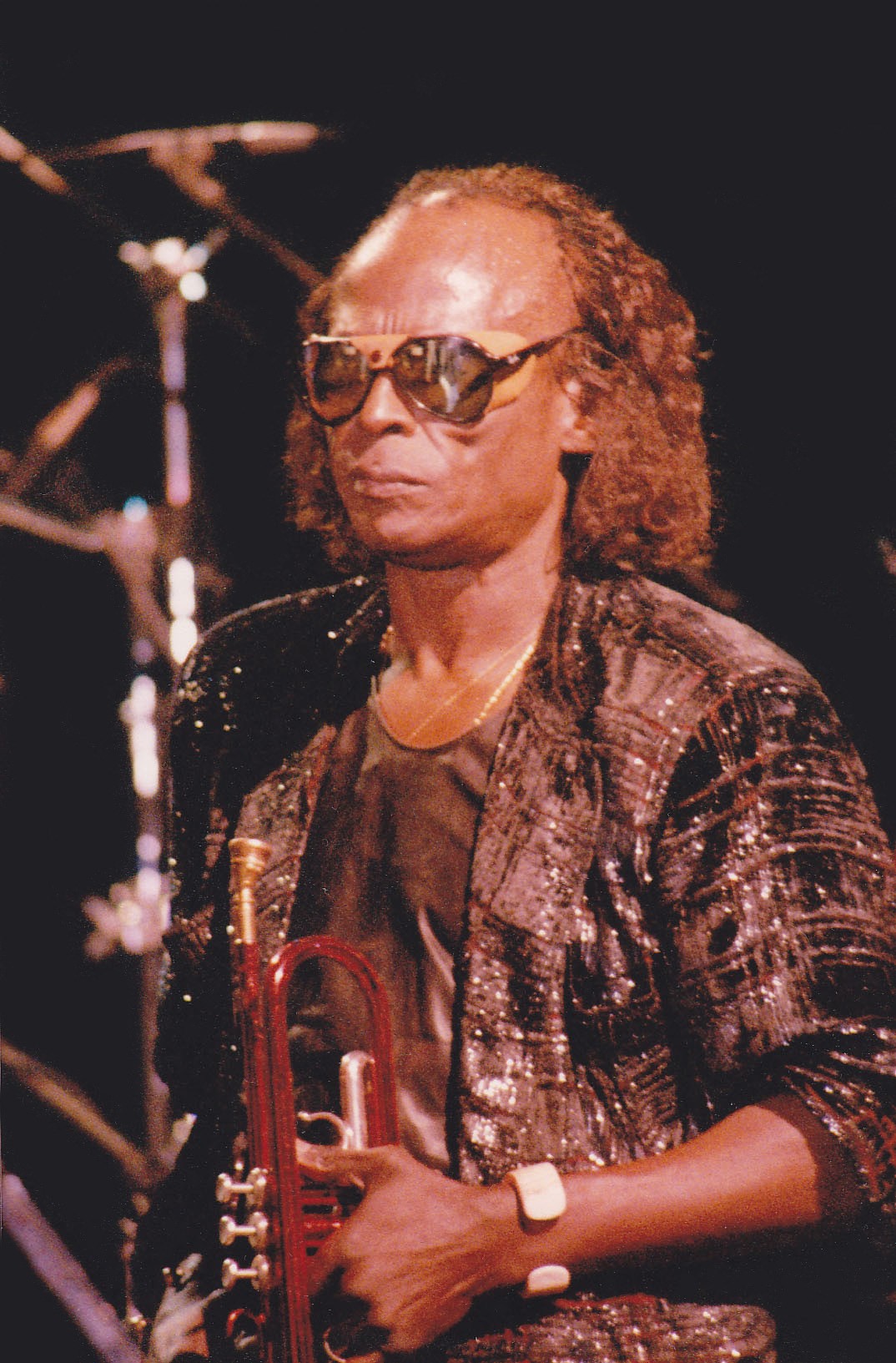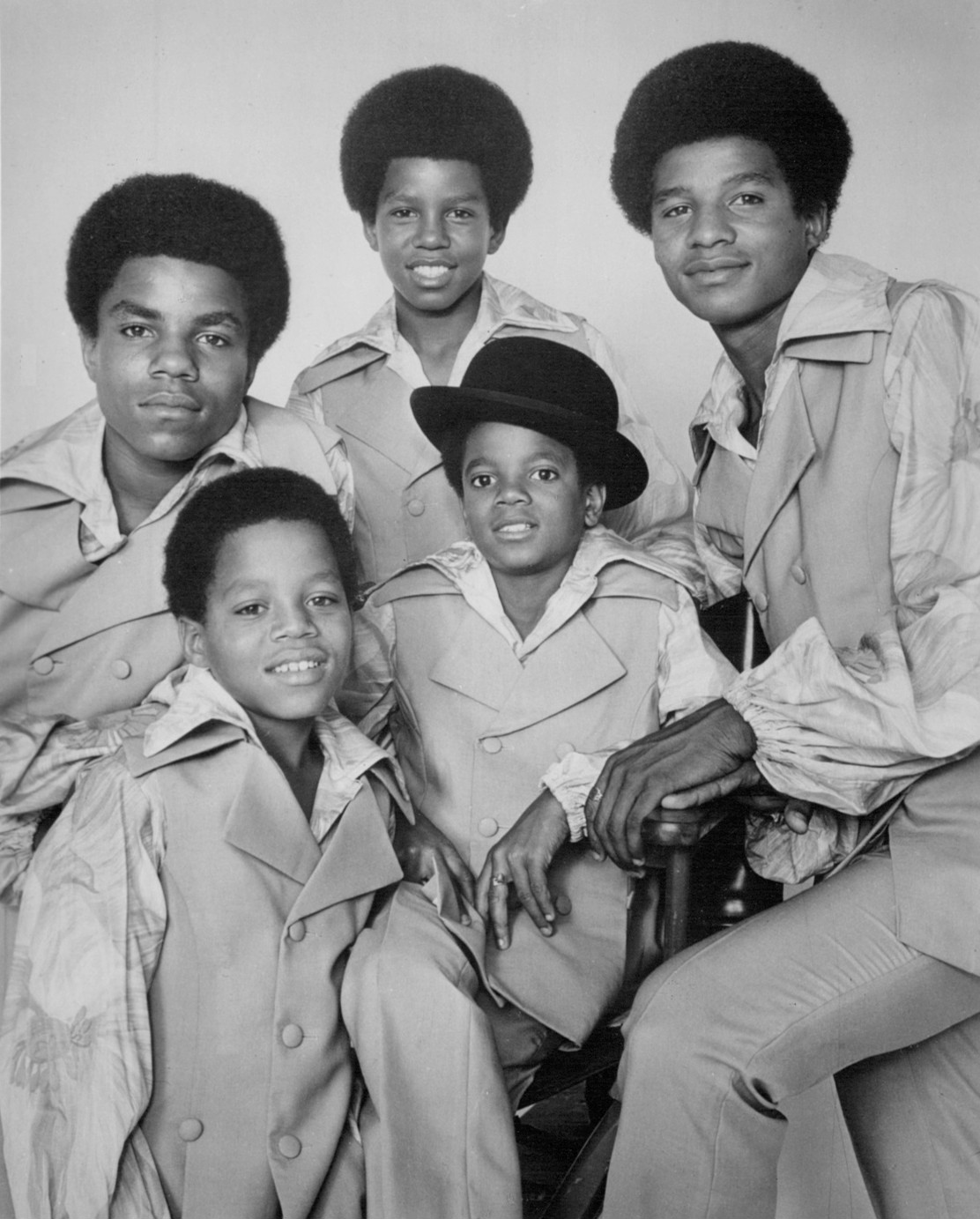|
Mizell Brothers
The Mizell Brothers were an American record producing team in the 1970s, consisting of Larry Mizell (born February 17, 1944) and Alphonso "Fonce" Mizell (January 15, 1943 – July 5, 2011). They worked together on a string of jazz or R&B albums. History Larry earned a degree in engineering and Fonce Mizell earned a degree in music from Howard University. While there they formed and performed in a jazz vocal quartet, the Vanlords. In the early 1970s, Larry and Fonce Mizell moved to California to start their own company, Sky High Productions. They went on to produce albums for Blue Note Records that set the tone for jazz fusion and the era. The Mizell Brothers often used the same musicians on their albums, including Harvey Mason on drums, Mayuto Correa on percussion, Melvin "Wah Wah Watson" Ragin and David T. Walker on guitar, Chuck Rainey on bass and Jerry Peters on piano. Freddie Perren and Chuck Davis were sometimes involved as co-writers or co-producers. Later hits of Sky High ... [...More Info...] [...Related Items...] OR: [Wikipedia] [Google] [Baidu] |
Jazz
Jazz is a music genre that originated in the African-American communities of New Orleans, Louisiana in the late 19th and early 20th centuries, with its roots in blues and ragtime. Since the 1920s Jazz Age, it has been recognized as a major form of musical expression in traditional and popular music. Jazz is characterized by swing and blue notes, complex chords, call and response vocals, polyrhythms and improvisation. Jazz has roots in European harmony and African rhythmic rituals. As jazz spread around the world, it drew on national, regional, and local musical cultures, which gave rise to different styles. New Orleans jazz began in the early 1910s, combining earlier brass band marches, French quadrilles, biguine, ragtime and blues with collective polyphonic improvisation. But jazz did not begin as a single musical tradition in New Orleans or elsewhere. In the 1930s, arranged dance-oriented swing big bands, Kansas City jazz (a hard-swinging, bluesy, improvisationa ... [...More Info...] [...Related Items...] OR: [Wikipedia] [Google] [Baidu] |
Donald Byrd
Donaldson Toussaint L'Ouverture Byrd II (December 9, 1932 – February 4, 2013) was an American jazz and rhythm & blues trumpeter and vocalist. A sideman for many other jazz musicians of his generation, Byrd was one of the few hard bop musicians who successfully explored funk and soul while remaining a jazz artist. As a bandleader, Byrd was an influence on the early career of Herbie Hancock. Biography Early life and career Byrd was born in 1932 in Detroit, Michigan. His family came from the African-American middle-class. His father, Elijah Thomas Byrd, was a Methodist minister who greatly valued education and oversaw his son's schooling. His mother, Cornelia Taylor, introduced Byrd to jazz music and it was her brother who gave Byrd his first trumpet. He attended Cass Technical High School. He performed with Lionel Hampton before finishing high school. During this period, his first professional recording session was in 1949 at Fortune Records in Detroit with the Robert ... [...More Info...] [...Related Items...] OR: [Wikipedia] [Google] [Baidu] |
Neo Soul
Neo soul (sometimes called progressive soul) is a genre of popular music. As a term, it was coined by music industry entrepreneur Kedar Massenburg during the late 1990s to market and describe a style of music that emerged from soul and contemporary R&B. Heavily based in soul music, neo soul is distinguished by a less conventional sound than its contemporary R&B counterpart, with incorporated elements ranging from funk, jazz fusion, hip hop, and African music to pop, rock, and electronic music. It has been noted by music writers for its traditional R&B influences, conscious-driven lyrics, and strong female presence. Neo soul developed during the 1980s and early 1990s, in the United States and United Kingdom, as a soul revival movement. It earned mainstream success during the 1990s, with the commercial and critical breakthroughs of several artists, including D'Angelo, Erykah Badu, Lauryn Hill, and Maxwell. Their music was marketed as an alternative to the producer-driven, digit ... [...More Info...] [...Related Items...] OR: [Wikipedia] [Google] [Baidu] |
Jazz-funk
Jazz-funk is a subgenre of jazz music characterized by a strong back beat (groove), electrified sounds, and an early prevalence of analog synthesizers. The integration of funk, soul, and R&B music and styles into jazz resulted in the creation of a genre whose spectrum is quite wide and ranges from strong jazz improvisation to soul, funk or disco with jazz arrangements, jazz riffs, jazz solos, and sometimes soul vocals. Jazz-funk is primarily an American genre, where it was popular throughout the 1970s and the early 1980s, but it also achieved noted appeal on the club-circuit in England during the mid-1970s. Similar genres include soul jazz and jazz fusion, but neither entirely overlap with jazz-funk. Jazz-funk is more arranged and features more improvisation than soul jazz, and retains a stronger feel of groove and R&B versus some of the jazz fusion production. Overview An extension of the jazz field, jazz-funk exhibits several distinctive characteristics. A first is the d ... [...More Info...] [...Related Items...] OR: [Wikipedia] [Google] [Baidu] |
Blue Note
In jazz and blues, a blue note is a note that—for expressive purposes—is sung or played at a slightly different pitch from standard. Typically the alteration is between a quartertone and a semitone, but this varies depending on the musical context. Origins and meaning The blue notes are usually said to be the lowered third, lowered fifth, and lowered seventh scale degrees. The lowered fifth is also known as the raised fourth.Ferguson, Jim (1999). ''All Blues Soloing for Jazz Guitar: Scales, Licks, Concepts & Choruses'', p. 20. . Though the blues scale has "an inherent minor tonality, it is commonly 'forced' over major-key chord changes, resulting in a distinctively dissonant conflict of tonalities". A similar conflict occurs between the notes of the minor scale and the minor blues scale, as heard in songs such as "Why Don't You Do Right?", " Happy" and " Sweet About Me". In the case of the lowered third over the root (or the lowered seventh over the dominant), the resul ... [...More Info...] [...Related Items...] OR: [Wikipedia] [Google] [Baidu] |
The Love You Save
"The Love You Save" is a song recorded by the Jackson 5 for Motown Records. It was released as a single on May 13, 1970, and held the number-one spot on the soul singles chart in the US for six weeks and the number-one position on the ''Billboard'' Hot 100 singles chart for two weeks, from June 27 to July 4, 1970. In the UK top 40 chart, it peaked at number 7 in August 1970. The song is the third of the four-in-a-row Jackson 5 number-ones released (the others were "I Want You Back", "ABC" and " I'll Be There"). ''Billboard'' ranked the record as the No. 16 song of 1970, one place behind the Jackson 5's "ABC". Description "The Love You Save" features side vocals of Jermaine Jackson singing alongside Michael in the final "Stop! The love you save may be your own", beside Marlon, Tito and Jackie. The song's lyrics feature Michael and Jermaine warning a "fast" girl to slow down and "stop!", because "the love you save may be your own!" The lyrics are also unusual because of the histor ... [...More Info...] [...Related Items...] OR: [Wikipedia] [Google] [Baidu] |
ABC (The Jackson 5 Song)
"ABC" is a song by the Jackson 5. It was released as a single on February 24, 1970. The song knocked the Beatles' "Let It Be" off the top of the ''Billboard'' Hot 100 in 1970, and was No. 1 on the soul singles chart for four weeks. It is the title track to the group's second album. "ABC" was performed on television on ''American Bandstand'' (February 21, 1970), ''The Ed Sullivan Show'' (May 10, 1970), and ''The Flip Wilson Show'' (November 4, 1971), among many other broadcasts. The upbeat lyrics compare learning to love to learning the alphabet. It was nominated for the Grammy Award for Best Pop Performance by a Duo or Group with Vocals in 1971. 50 Cent told ''NME'' that the song was the first he remembered hearing: "I've always loved MJ, so I guess it was probably a good place to start music: right here, with the ABCs." On November 7, 2016, the Grammy Hall of Fame announced its induction, along with that of another 24 songs. Personnel Musicians on the song's session were u ... [...More Info...] [...Related Items...] OR: [Wikipedia] [Google] [Baidu] |
I Want You Back
"I Want You Back" is the first national single by the Jackson 5. It was released by Motown on October 6, 1969, and became the first number-one hit for the band on January 31, 1970. It was performed on the band's first television appearances, on October 18, 1969, on Diana Ross's ''The Hollywood Palace'' and on their milestone performance on December 14, 1969, on ''The Ed Sullivan Show''. The song, along with a B-side remake of "Who's Lovin' You" by Smokey Robinson & the Miracles, was the only single to be released from the Jackson 5's first album, ''Diana Ross Presents The Jackson 5''. It went to number one on the Soul singles chart for four weeks and held the number-one position on the ''Billboard'' Hot 100 singles chart for the week ending January 31, 1970. "I Want You Back" was ranked 104 on ''Rolling Stone''s 500 Greatest Songs of All Time. Production Originally considered for Gladys Knight & the Pips and later for Diana Ross, as "I Wanna Be Free", "I Want You Back" explor ... [...More Info...] [...Related Items...] OR: [Wikipedia] [Google] [Baidu] |
The Jackson 5
The Jackson 5 (sometimes stylized as the Jackson 5ive, also known as the Jacksons) are an American pop band composed of members of the Jackson family. The group was founded in 1964 in Gary, Indiana, and for most of their career consisted of brothers Jackie Jackson, Jackie, Tito Jackson, Tito, Jermaine Jackson, Jermaine, Marlon Jackson, Marlon and Michael Jackson, Michael. They were managed by their father Joe Jackson (manager), Joe Jackson. The group were among the first African Americans, African American performers to attain a crossover following. The Jackson 5 performed in talent shows and clubs on the Chitlin' Circuit, then signed with Steeltown Records in 1967 and released two singles. In 1968, they left Steeltown Records and signed with Motown, where they were the first group to debut with four consecutive number one hits on the Billboard Hot 100, ''Billboard'' Hot 100 chart with the songs "I Want You Back", "ABC (The Jackson 5 song), ABC", " ... [...More Info...] [...Related Items...] OR: [Wikipedia] [Google] [Baidu] |
The Corporation (record Production Team)
The Corporation was a group of songwriters and record producers assembled in 1969 by Motown label head Berry Gordy to create hit records for the label's new act, The Jackson 5. History The four members of The Corporation - Berry Gordy, Alphonso Mizell, Freddie Perren and Deke Richards - were responsible for the writing, production and arranging of The Jackson 5 number-one hit singles "I Want You Back" (1969), "ABC", "The Love You Save" (both in 1970); as well as for other Jackson 5 singles such as "Mama's Pearl" and " Maybe Tomorrow" (both in 1971). They were also responsible for writing and producing "Bless You", the last hit by the trio Martha and the Vandellas before that group disbanded in 1972. Like Motown's previous production team, The Clan, which was pulled together to create the singles " Love Child" and "I'm Livin' in Shame" for Diana Ross and the Supremes, The Corporation was intended as a replacement of sorts for Holland–Dozier–Holland, who had left the label ... [...More Info...] [...Related Items...] OR: [Wikipedia] [Google] [Baidu] |

.jpg)



